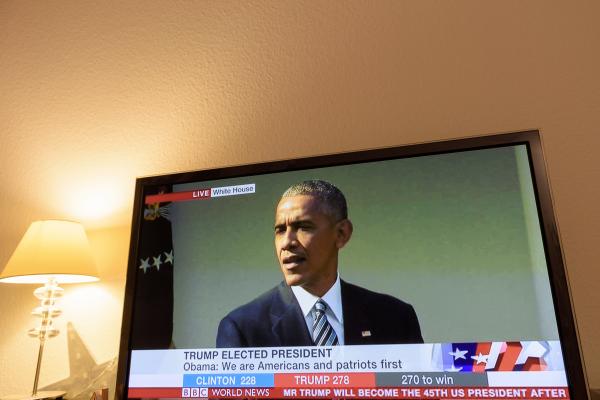Jan 13, 2017
America rests on a foundation of sin. Its body is strong but its soul is dead. Yes, America provides so much freedom and benefits so many lives. But woe to us if we look at this country’s glass as half full when so many of our fellow citizens barely have water at all. Woe to us if we praise the calm in our lives while failing to give the distress of others’ lives the full attention it needs.
Any speech about America that fails to look at this nation’s current state with the realism and gravity it deserves is speech about a country that doesn’t exist. The America that President Obama spoke of, in his farewell address, is an America I barely recognize.
Read the Full Article

Already a subscriber? Login
